The Straight Shot: Federal vaccine updates - Jun 17, 2025

weyo - stock.adobe.com.
The first half of 2025 has seen many changes in federal vaccine policy and programs. This list—published June 17, 2025, and drawn from news reports and other information—ranks the most significant changes to vaccination policy, with brief commentary from the editors.
Editors’ note: The big news of this week continues to be Sec. Kennedy’s ongoing makeover of the CDC’s Advisory Committee on Immunization Practices (ACIP; #1). The appointment of eight new committee members, most of whom have little or no background in the science of vaccination or the clinical practice of counseling people about vaccines and administering vaccines, is a fundamental shift in one of the pillars of vaccine policy. This enterprise to ensure access to safe and effective vaccines was built over decades and has prevented millions of hospitalizations and saved more than one million lives.
The Straight Shot in your inbox
Stay up-to-date on threats to vaccine safety, changes in federal policy, and vaccine availability and accessibility with The Straight Shot. Click below to get these updates directly in your inbox.
Sign up for email updates1. Secretary Kennedy dismisses all ACIP members
As noted in a previous edition of The Straight Shot, on June 9, Secretary Kennedy removed all 17 members of ACIP, claiming that this was a step to “restore trust.” On June 11, Sec. Kennedy announced the names of eight new members of the committee. These include Robert Malone, who spread falsehoods during Covid-19, and Vicky Pebsworth, who is a board member of one of the nation's most prominent anti-vaccine organizations. A third, Martin Kulldorf, was paid as recently as 2024 by the law firm Wisner Baum for work on their case against Merck alleging injuries from the HPV vaccine, Gardasil.
Career staff responsible for overseeing ACIP were also removed from their jobs. Dr. Melinda Wharton has been replaced by Mina Zadeh, who led the scheduling and advance team for the CDC director. Dr. Fiona Havers, the senior scientist who oversaw respiratory virus surveillance at the CDC, resigned, writing in an email to her colleagues: “Unfortunately, I no longer have confidence that these data will be used objectively or evaluated with appropriate scientific rigor to make evidence-based vaccine policy decisions."
Editor’s note: This new ACIP contains members whose only seeming qualification was their criticism of Covid vaccines. With a few exceptions, what the new panel lacks are scientists who have conducted clinical research on the safety and efficacy of vaccines, providers who counsel their patients about vaccination and administer vaccines as part of their routine practice, and public health officials who run immunization programs. Without the perspectives of those people who really understand vaccine science and the challenges of implementing recommendations, this new ACIP lacks the expertise to be credible. – SD
Secretary Kennedy continues to make erroneous statements about ACIP. For example, in a recent appearance on CBS News he once again stated that 97% of ACIP members have conflicts of interest. This is a favorite “fact” that he uses to defend his actions, but it is demonstrably incorrect. In fact, the report—which only looked at meetings held in 2007—found that 97% of the applications had at least one paperwork error, not at least one conflict of interest. Any journalist who interviews him should challenge him on this fact if he brings it up again. – JR
2. HHS drops recommendations for Covid vaccines for healthy children and pregnant people from its immunization schedule
HHS last week shared an FAQ document with congressional offices that attempts to justify removing the recommendation that healthy pregnant women and children receive the Covid vaccine. This document is riddled with inaccuracies; it cites unpublished and disputed studies and mischaracterizes and omits studies whose findings do not support the change in recommendations. Meanwhile, based on the available data, the American College of Obstetrics and Gynecology strongly recommends Covid vaccination during pregnancy.
These new recommendations have already affected the availability of Covid vaccines. A pregnant woman in Seattle, WA told CNN she has been turned away from getting a Covid vaccine twice over the last weekend. Over 30 groups, including provider groups, issued an open letter calling on payors and insurers to continue to cover Covid vaccines.
Editor’s note: The changes to the Covid recommendations were not based in carefully considered science. But the practical implications of these changing recommendations are real, and they are going to cause actual harm to pregnant women and their children. – PL
3. HHS awards $150,000 to a law firm with a history of litigating claims alleging injuries from vaccines
There is limited publicly available information about this award to the firm Brueckner, Spitler, Shelts for “National Vaccine Injury Compensation Program (VICP) expertise.” One of the lawyers at the firm, Andrew Dowing, has brought cases in the VICP seeking compensation for patients allegedly damaged by vaccines, and he is also involved in the lawsuit against Merck, alleging the company underplayed risks associated with its HPV vaccine.
Editor’s note: The Vaccine Injury Compensation Program is a critical component of the vaccination infrastructure, providing limited liability for vaccine manufacturers and administrators, and compensation for people who have been injured by vaccines. Any process to change the program should be transparent, open to public input, and not dominated by people or law firms with conflicts of interest. And it should not be happening behind closed doors. – SD
The Straight Shot in your inbox
Stay up-to-date on threats to vaccine safety, changes in federal policy, and vaccine availability and accessibility with The Straight Shot. Click below to get these updates directly in your inbox.
Sign up for email updatesOngoing
- HHS mismanages the measles response in the Southwest. As of June 12, 2025, there have been 1,197 confirmed cases of the disease, including 144 hospitalizations and three deaths; this is the largest outbreak in the US in 25 years. The CDC added a checklist for summer camps to its measles toolkit.
One challenge in the response is Sec. Kennedy making misstatements about the safety of the measles vaccine, endorsing unproven treatments, and preventing experts from briefing the public. HHS also cut grant funds for the states' measles responses.
Editor’s note: We know that measles tends to be seasonal, occurring most commonly in the winter and spring. Fortunately, cases appear to be waning, but we will continue to be watching to see if there are additional surges and how HHS responds. If cases persist through the summer and into the fall, the US will likely lose measles-free status. – SD
- HHS hires anti-vaccine activist to review vaccine safety data. HHS has hired David Geier, a leading source of misinformation about vaccines, to investigate questions related to vaccine safety. The Wall Street Journal has reported on Geier’s attempts to gain access to various databases within HHS, including one that he had twice been precluded from using as a result of violating ethics rules. “He has no record in the scientific community of doing valid work,” said Dr. Walter Orenstein, an epidemiologist and former director of the US National Immunization Program at the CDC.
Editor’s note: This item, detailed in previous updates of The Straight Shot, stays on our list until the Geier report is released. – JS
- The FDA adds new restrictions and requirements on Covid vaccines. The FDA has yet to release documents about the implementation of the agency's new approach to Covid vaccine approval, which was announced in an article in the New England Journal of Medicine. As a result, many questions remain.
Editor’s note: This item, described in more detail in previous updates of The Straight Shot, will stay on our list until the FDA puts forward a clearer explanation, such as a guidance document. – JS
- HHS moves $500 million to study older vaccine technology favored by two appointees. HHS abruptly pulled $500 million from contracts for next-generation vaccines and is using the funds to study a type of "whole-virus" vaccine technology championed by two political appointees. "Whole-virus" vaccines are 70 years old and thought by many scientists to be less effective and cause more adverse effects than newer technologies.
Editor's note: This item, described in more detail in previous updates of the Straight Shot, will stay on our list until we learn more about this enormous investment of federal resources. – JS
- Confusion over leadership at the CDC. There remains confusion about leadership at the CDC; with no acting director, and no hearing scheduled for the nominee, Dr. Susan Monarez, the HHS Secretary seems to be making key decisions for the agency. As a CDC employee told Axios: “CDC folks are really well equipped for dealing with uncertainty, because we work on emergency responses;” still, “it's hard when the internal is chaotic."
Editor’s note: The CDC director is responsible for overseeing the agency's work on vaccines, including updating the immunization schedule. We're going to keep this on the list until there is clarity. – JR
- HHS Secretary delays action on ACIP recommendations. At the April 16 meeting of the ACIP, the committee made recommendations for the use of a new chikungunya vaccine, RSV vaccines for older adults, and a new pentavalent meningococcal vaccine. Secretary Kennedy, acting in the absence of a CDC director, has adopted the ACIP recommendation for a new chikungunya vaccine, but he has not yet acted on the two other ACIP recommendations.
Editor’s note: This item will stay on the list until Secretary Kennedy acts on the outstanding recommendations. – SD
- HHS cuts funds for vaccination in states and for its own vaccine staff. A federal judge has ruled that the administration cannot proceed with $11 billion in cuts to state public health funds—but only in those states that sued to keep the funds. In the other states that did lose funding, some funds were used to support vaccination clinics; other funds were used for outbreak monitoring and response. Personnel cuts to CDC vaccine activities have remained in place. (No change from the previous update.)
Editor's note: This item, detailed in previous updates of The Straight Shot, stays on our list until the issue is resolved. – JR
- White House issues an initial MAHA report. On May 22, the White House issued the Make Our Children Healthy Again assessment. One section of the report was dedicated to concerns regarding vaccines, questioning the expansion of the childhood immunization schedule, the adequacy of clinical trials, the effectiveness of safety monitoring, the integrity of the Vaccine Injury Compensation Program, and the role of vaccine mandates. The report has come under fire for the inaccuracy of data as well as errors in citations as a result of the use of generative AI. (No change from the previous update.)
Editor's note: We will keep this issue on the list until the final report is issued. – SD
- HHS and autism. On April 10, Sec. Kennedy announced in a cabinet meeting that HHS has launched a major effort to understand the causes of autism, with results expected in September. He has since amended that timeline, saying that there will be some information in September and “more definitive” information coming six months after that. This is separate from David Geier's investigation into vaccine safety. On May 7, CMS and NIH announced that they will be sharing data in order to investigate the causes of autism. We're watching whether this effort will proceed in a scientifically rigorous manner, including whether it will attempt to point to vaccines as the cause of autism. On May 27, the NIH issued the funding opportunities for its Autism Science Data Initiative. (No change from the previous update.)
Archived this week
- Potential CDC vaccine safety reorganization. Sec. Kennedy is reportedly planning to reorganize the CDC’s approach to vaccine safety. We're watching to see whether these changes may undermine the current system of post-market surveillance, which includes a robust research network for assessing potential safety issues. (No change from the previous update.)
Editor’s Note. This potential reorg has not been discussed recently, so we’ll move this topic to the archive. – JR
Have suggestions for The Straight Shot?
Email us at straightshot@cspinet.org
Tags
Topics
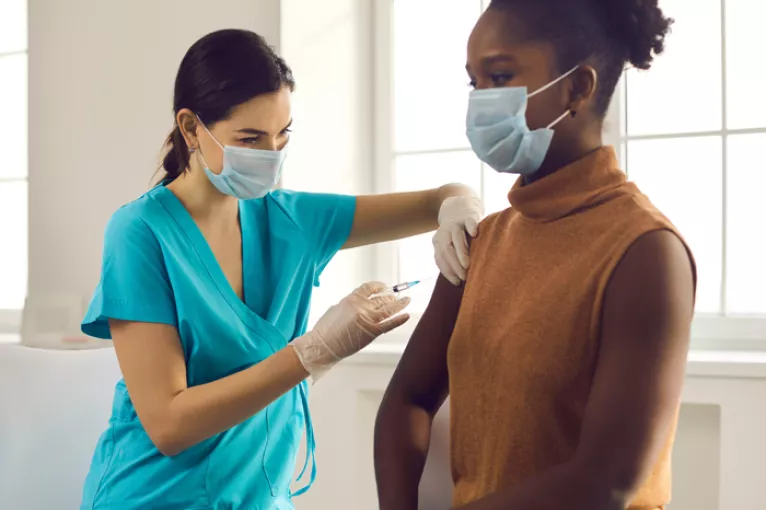
All Straight Shot updates
2025 has seen many changes in federal vaccine policy and programs, some of which threaten to harm the health and safety of millions of Americans. The Straight Shot—drawn from news reports and other information—ranks the most significant changes to vaccination policy, with brief commentary from the editors.
The authors
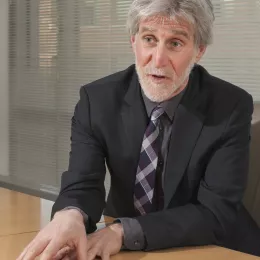
Peter Lurie, MD, MPH
President and Executive Director
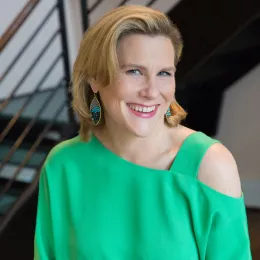
Sarah Despres
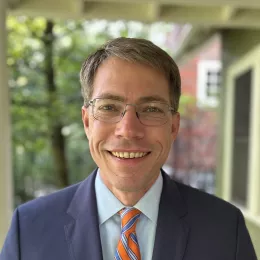
Josh Rising, MD, MPH

Joshua M. Sharfstein, MD
The latest threats to vaccines
Off-label use of COVID-19 vaccines was once discouraged but has become common amid new guidelines
Vaccines
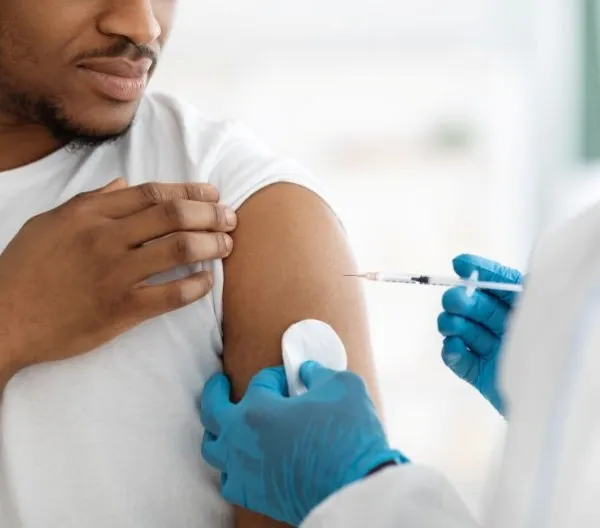
Inside the high-stakes battle over vaccine injury compensation, autism, and public trust
Vaccines

Do pediatricians recommend vaccines to make a profit? There’s not much money in it
Vaccines

CDC purge and Covid vaccine restrictions threaten public health
Government Accountability
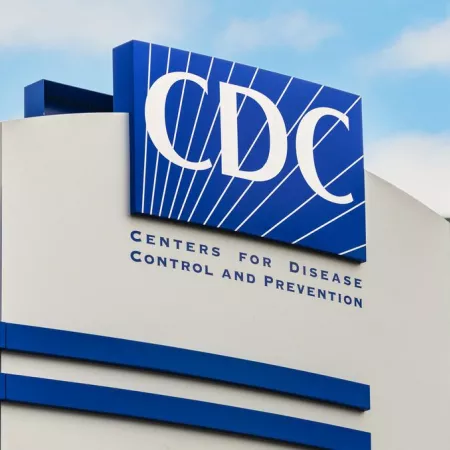
Pediatricians’ association recommends COVID-19 vaccines for toddlers and some older children, breaking with CDC guidance
Vaccines
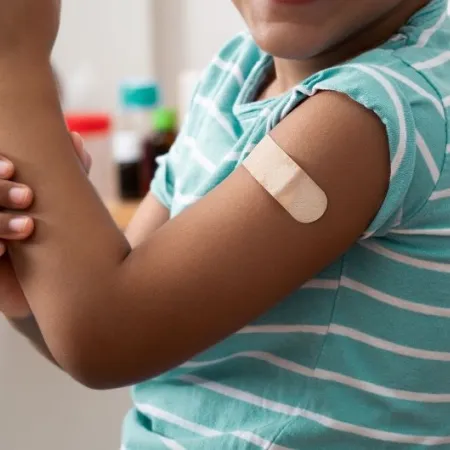
CSPI is your food & health watchdog
We envision thriving communities supported by equitable, sustainable, and science-based solutions advancing nutrition, food safety, and health.
As a nonprofit organization that takes no donations from industry or government, CSPI relies on the support of donors to continue our work in securing a safe, nutritious, and transparent food system. Every donation—no matter how small—helps CSPI continue improving food access, removing harmful additives, strengthening food safety, conducting and reviewing research, and reforming food labeling.
Please support CSPI today, and consider contributing monthly. Thank you.
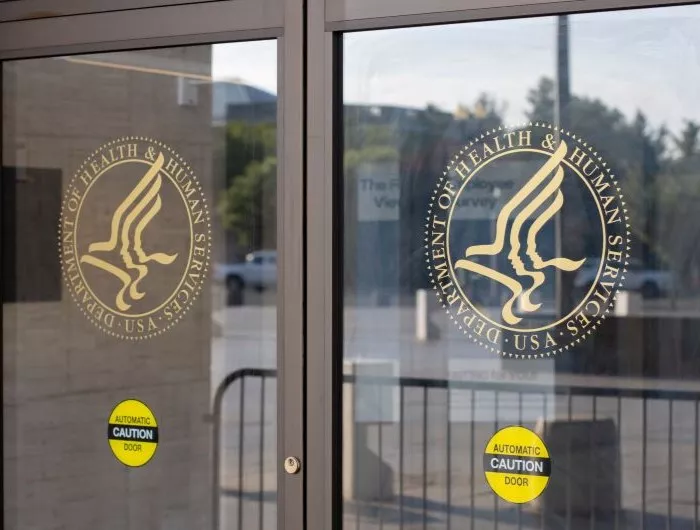
How CSPI is fighting threats to public health
Safe, nutritious food. Effective medicine. Empowered consumer choice. Honest and democratic government. These key building blocks of an American way of life can only be fully realized in a system that respects evidence, transparency, and accountability—a system where leaders believe in science and work for the public interest.

